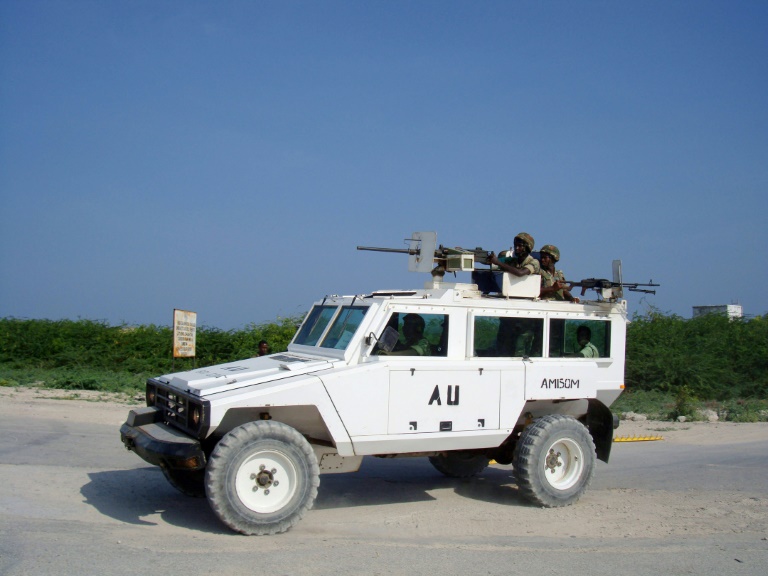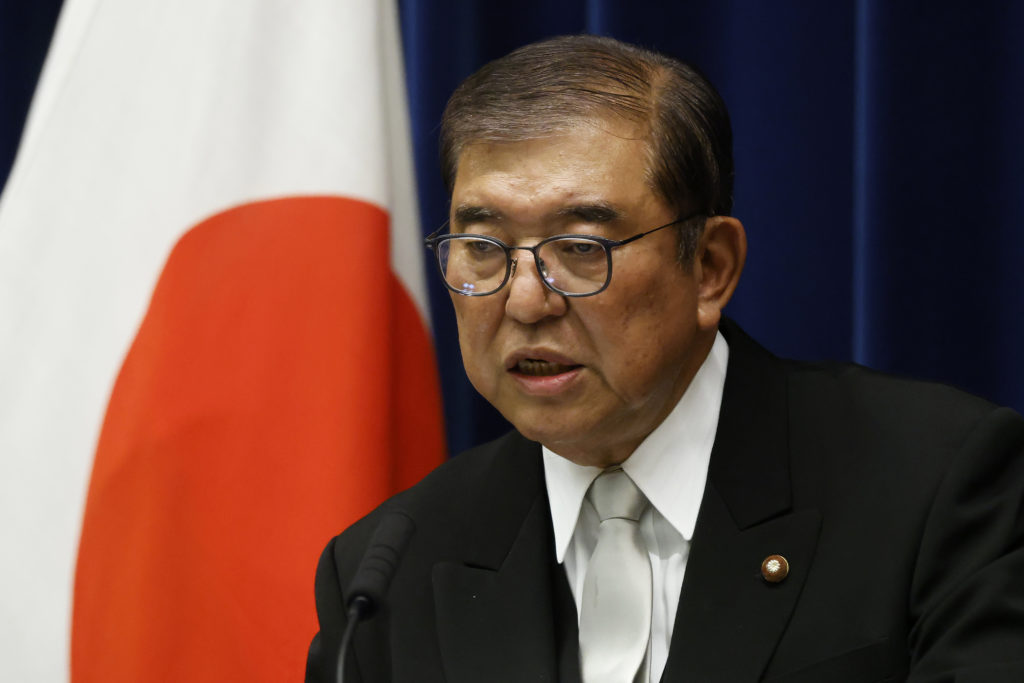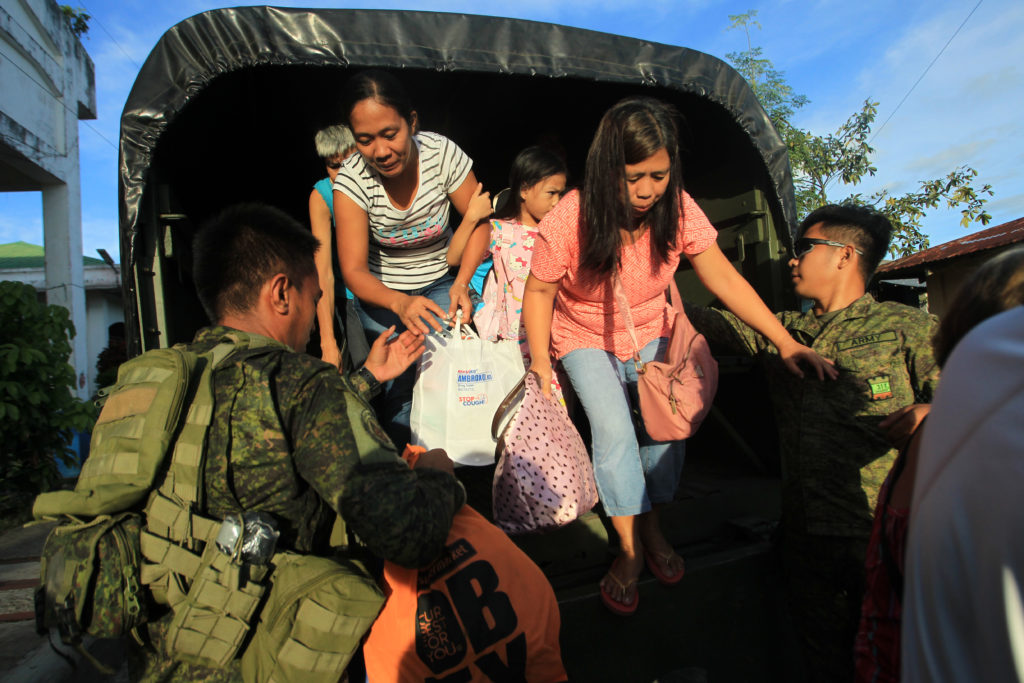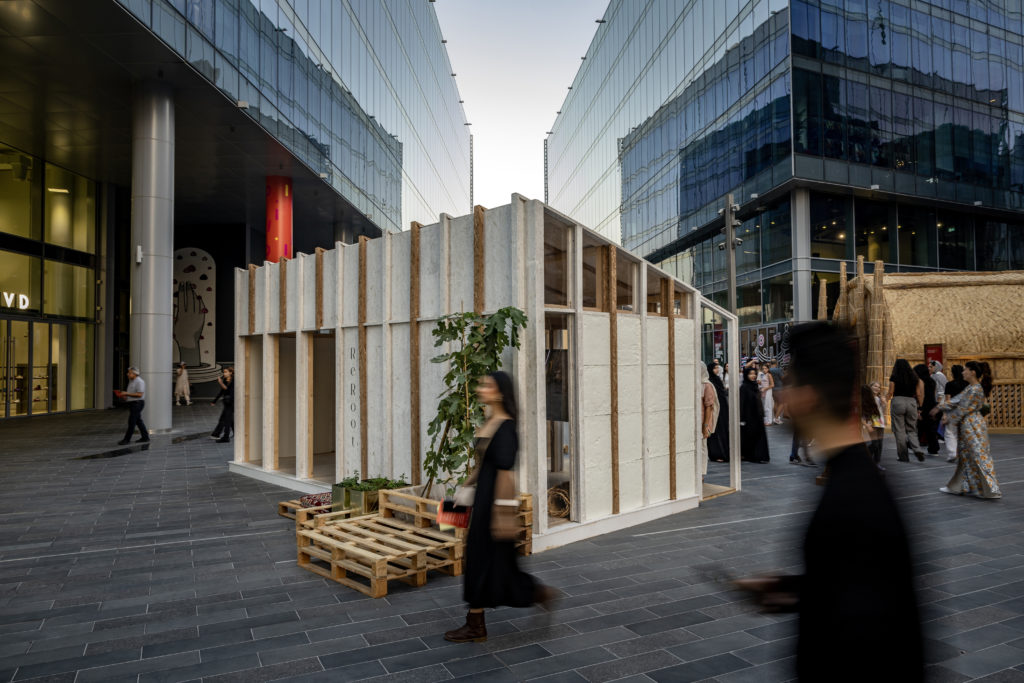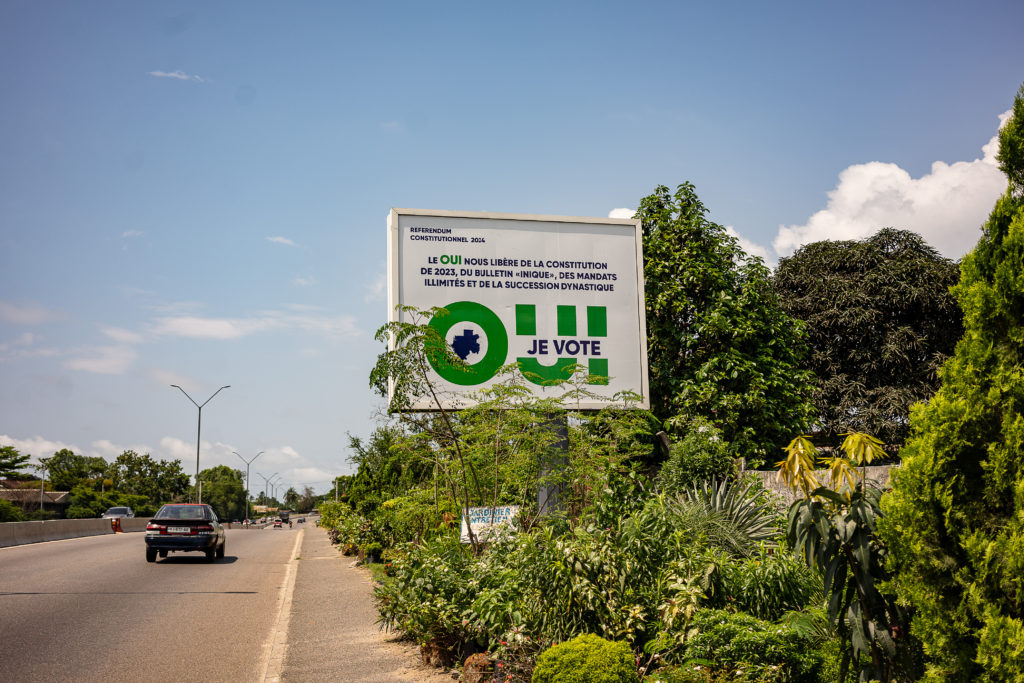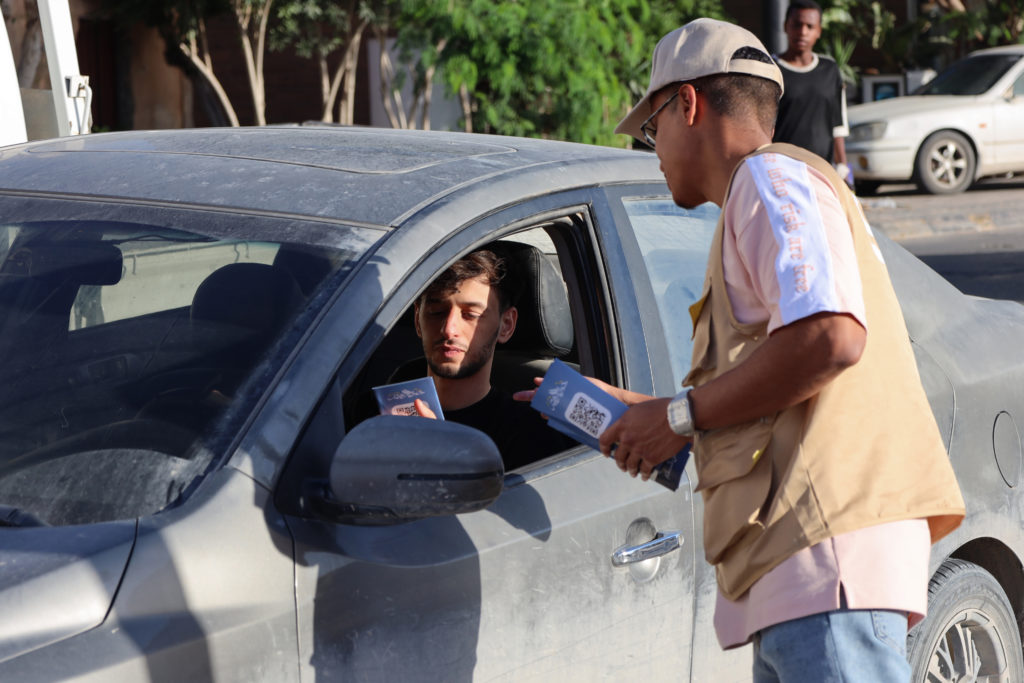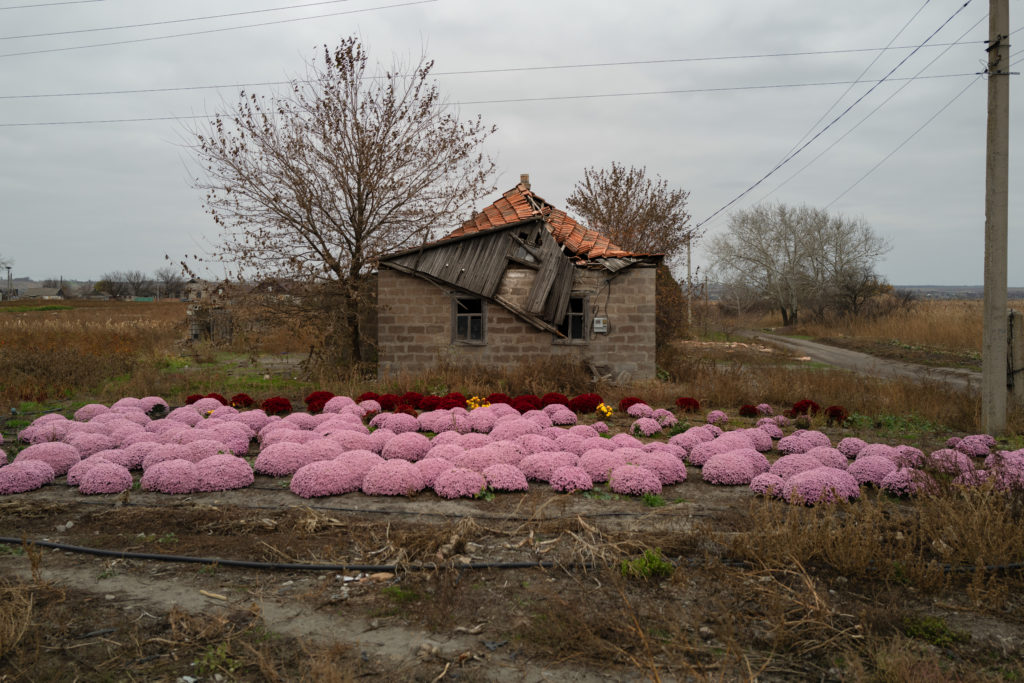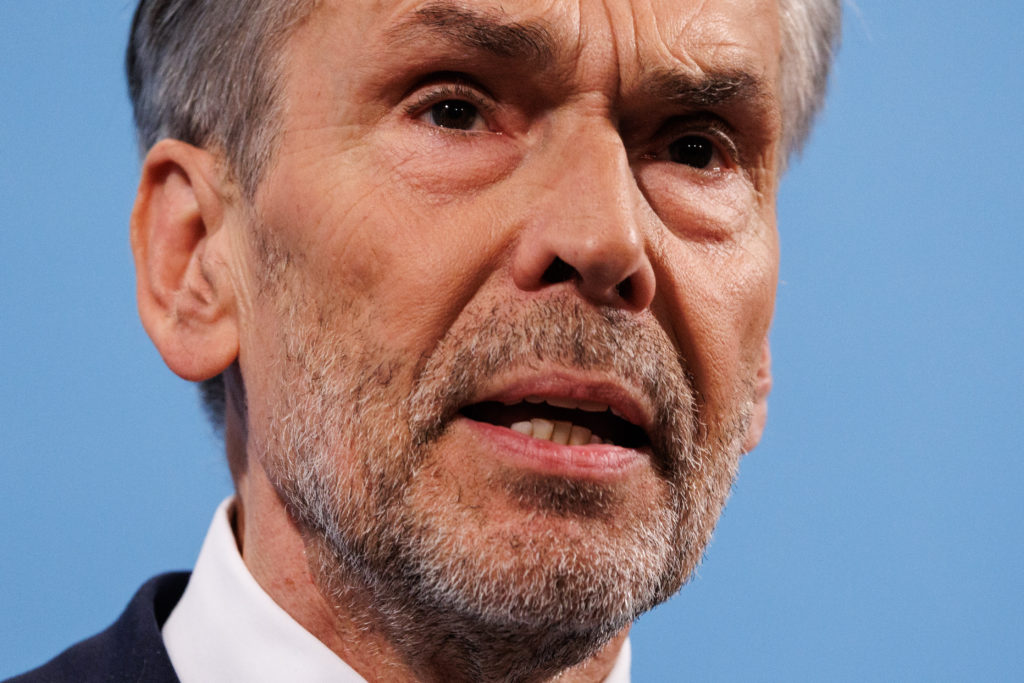Ten Burundian peacekeepers were killed in a ferocious attack by Al-Shabaab jihadists on an African Union base in Somalia, Burundi’s army said Wednesday, the deadliest targeting AU forces in the country since 2015.
Twenty-five soldiers were also wounded in Tuesday’s assault on the camp in central Somalia and five are still missing while 20 Al-Shabaab militants were killed, it said in a statement on Wednesday.
It was the first such strike on a peacekeeping base since the AU Transition Mission in Somalia (ATMIS) replaced the previous AMISOM force on April 1.
“This attack was carried out using car bombs, suicide bombers and heavily armed men,” the Burundian army said. “Fierce fighting took place, causing losses on both sides.”
AU forces sent in helicopter gunships after the pre-dawn attack on the camp housing Burundian troops near Ceel Baraf, a village some 160 kilometres (100 miles) northeast of the capital Mogadishu, military officials and witnesses said.
A high-ranking Burundian military officer told AFP that 400 Islamist fighters stormed the base, forcing the soldiers to retreat to a nearby hillside where they continued to fight, supported by drones and helicopters.
Two Burundian military sources told AFP on condition of anonymity that 45 peacekeepers were reported as dead or missing, with 25 others injured.
Al-Shabaab claimed responsibility for the attack, saying it had taken control of the camp and that 173 soldiers had been killed. Its claims could not be independently verified.
The Al-Qaeda-linked Islamist militants have been waging a deadly insurgency against Somalia’s fragile central government for more than a decade.
– ‘Heinous’ attack –
Somalia’s government condemned the “heinous” attack and appealed to the international community to do more to support Somali forces and ATMIS “in effectively combatting terrorism.”
AU Commission chief Moussa Faki Mahamat said on Twitter he spoke to Burundi’s President Evariste Ndayishimiye to pay his respects for the “sacrifice” of the peacekeepers who lost their lives.
The United States, Britain and the regional bloc IGAD (Intergovernmental Authority on Development) condemned the attack, with the US embassy in Mogadishu vowing to “stand with ATMIS and Somalia’s security forces as we partner to achieve peace”.
“Our thoughts are with ATMIS, Burundian National Defence Force and all those affected. The UK stands with Somalia and partners in the fight against terrorism,” the British ambassador to Somalia, Kate Foster, said on Twitter.
IGAD executive secretary Workneh Gebeyehu said in a statement: “These attacks will neither deter nor alter the determination of IGAD and international partners to support the people of Somalia in their search for a lasting peace and stability.”
The European Union “strongly condemns the attack” and expresses support for the African Union mission in the country, according to a statement by the bloc’s foreign policy service.
The attack is the deadliest since September 2015, when Western military sources reported that at least 50 AU troops were killed as Al-Shabaab fighters overran a military base southwest of Mogadishu.
The latest bloodshed highlights the security woes in the troubled Horn of Africa country, which is also embroiled in a deep political crisis over delayed elections and faces the threat of famine due to a prolonged drought across the region.
– Election delays –
ATMIS — made up of troops from Burundi, Djibouti, Ethiopia, Kenya and Uganda — is tasked with helping Somali forces take primary responsibility for security in a country that has been mired in conflict since 1991.
According to a UN resolution approving its creation, ATMIS is projected to gradually reduce staffing levels from nearly 20,000 soldiers, police and civilians to zero by the end of 2024.
Somalia’s security issues have been exacerbated by an ongoing political crisis which has delayed elections by over a year, with its president and prime minister locked in a bitter power struggle.
On Wednesday, parliament nominated a committee to prepare for the presidential vote, which must be completed by mid-May. A crucial IMF financial assistance package is set to automatically expire if a new administration is not in place by then.
“We have a huge task to undertake as you know and therefore, we have to accelerate the election of the president,” lower house speaker Sheikh Adan Mohamed Nur, better known as Sheikh Adan Madobe, told legislators.
Somalia’s international partners have warned that the delays distracted from the fight against Al-Shabaab, whose fighters controlled Mogadishu until 2011 when they were driven out by AU troops.
But the militants still hold territory in the countryside and frequently attack civilian, military and government targets in Mogadishu and elsewhere.

